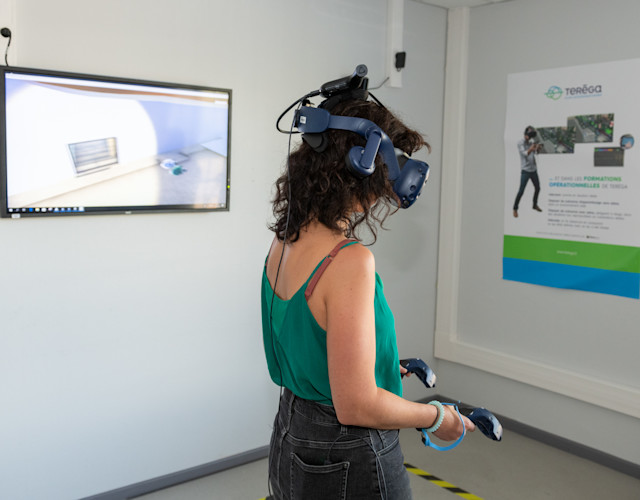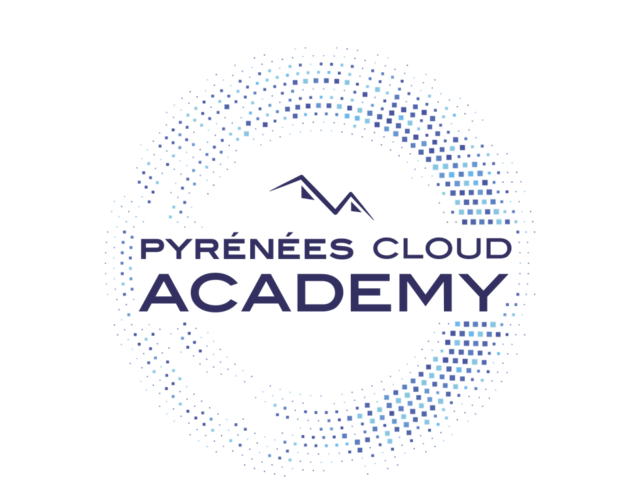Gas emergency 0 800 028 800

Building your career at Teréga
Teréga signs a long-term partnership with its employees. We are committed to training them throughout their professional career to create a real skills dynamic and build a heritage of knowledge to be shared by all.
Experimenting to grow
The energy market has begun its ecological transition. Transition means change. The gas activities are being enhanced by new technological and digital skills that are becoming increasingly sophisticated, in line with technological and environmental innovations. Building a career at Teréga therefore means following a process of learning and constant change.
In order to accompany the changes in the energy market and to develop its employees’ skills throughout their careers, Teréga trains and professionalises them in the field to develop:
their operational skills, which must adapt to changes in infrastructure and digitalisation;
their managerial skills via a dedicated internal programme;
their digital skills thanks to training in new tools;
the collaborative working mode thanks to an agile work organisation and cross-functional corporate projects.
Throughout their career, each employee is encouraged to fulfil themselves and experiment with new horizons. They build a personalised career path, taking into account their aspirations and the way they project themselves into the future. They can rely on their managers and peers to identify their talents and plan their career development at Teréga.
The Learning Experience at Teréga
Teréga’s training solutions reflect the company’s activities and culture. The Teréga Learning Experience is:
Individualised: favouring autonomy and career personalisation
We believe everyone should be an actor in their own career. A digital platform thus allows them to manage their own career development. They can view the training courses adapted to their desires and needs, be aware of the possibilities of internal mobility and have access to support for guidance in building their career. Each employee invests independently in their training path, whether it be diploma-based training or additional micro learning or rapid learning courses.
Digital and innovative: training as close as possible to reality
The learning methods favour experimentation in order to acquire the required autonomy for missions. Mooc (Massive Online Open Course), Cooc (Corporate Online Open Course) or Spoc (Small Private Online Courses) offer multiple learning possibilities that adapt to the needs of each individual, while virtual reality offers training in situations that are as close to reality as possible.

Social: building a heritage of skills to be shared
Few external training courses prepare people for work in gas transport and storage. This is why knowledge transmission is key to fostering learning. Every in-house specialist can become a trainer for their colleagues. For example, we have implemented a principle of companionship on technical positions. This on-the-job training allows for training in technical actions while creating a link between new arrivals and the older employees.
With support work for which no external training exists, such as that related to the regulations of our activity, we have set up a support solution between a tutor and the new arrival. A file is built, which lists all the skills and knowledge of the position as well as the reference documentation for training. In this system, both the tutor and the learner assess progress regularly to ensure that the target skill level is achieved. This approach makes sense when employees retire after having developed unique expertise, as it encourages the intergenerational transmission of knowledge.









